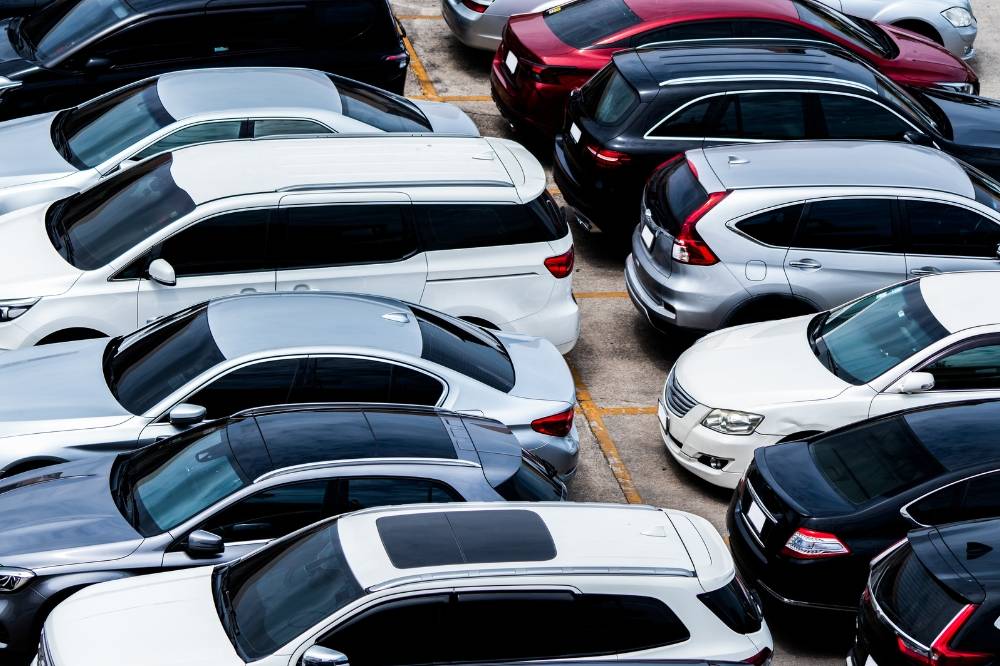Used cars vs leasing: What's best for your wallet?
The question then becomes: which offers better value, flexibility and long-term peace of mind?

SHAH ALAM – With the rising costs of car ownership in Malaysia, experts are advising Malaysians, particularly those in lower- and middle-income groups, to consider alternatives like leasing or buying pre-owned vehicles.
The question then becomes: which offers better value, flexibility and long-term peace of mind?

Experts said there was no simple answer; much depended on individual financial stability, transparency in the used car market and consumer protection laws.
Piston.My Managing Editor and motoring expert, Keshvinder Singh Dhillon said that car leasing presented a practical alternative given the high costs of car ownership in Malaysia.
“Though not necessarily cheaper than buying, leasing offers flexibility that long-term loans cannot.
"A one- to three-year lease allows individuals to upsize or downsize their vehicle depending on their current needs.
“It also provides an exit strategy during financially difficult times, such as job loss, without the burden of selling a car or continuing to pay off a lengthy loan. Unlike banks, leasing companies often allow a cleaner, simpler return process.
“This approach could be especially helpful in reducing the pressure on households that are already financially stretched,” he told Sinar Daily when contacted.
Despite the appeal of leasing, second-hand cars remained the most popular option for Malaysians looking to avoid the high entry cost of brand-new models.
According to Keshvinder, Malaysia has a vibrant and competitive second-hand car market.
"Thanks to the easy availability of spare parts from countries like Thailand, Japan, China and parts of Europe, as well as a robust network of skilled workshops, owning and maintaining a used car can be a practical alternative.
"However, buying second-hand requires careful financial planning. Without the safety net of a manufacturer’s warranty, buyers must be prepared for repairs and unexpected issues.
"Fortunately, services like Puspakom inspections and third-party used car warranties do offer some protection, although warranty terms may vary," he added.
Nevertheless, trust in the used car market was steadily declining, particularly following recent floods in Malaysia.
According to Universiti Putra Malaysia (UPM) Engineering Faculty Road Safety Research Centre head Law Teik Hua, second-hand vehicles remained a popular choice among lower- and middle-income Malaysians.

However, growing concerns over odometer fraud, flood-related damage and inadequate inspection standards were shaking consumer confidence.
“This problem has worsened following recent floods, as flood-damaged cars re-enter the market without proper disclosure. Without transparent vehicle histories and better inspection systems, buying used cars remains risky, leaving budget-conscious buyers vulnerable.
“This represents a critical consumer protection issue that needs urgent attention,” he added.
Both experts agreed that the government has a role to play in making car ownership more manageable.
Keshvinder pointed out that car affordability was unlikely to improve significantly as long as vehicle sales continued to be a major source of government tax revenue.
“A more realistic path forward lies in enhancing the appeal of alternatives like the second-hand market and leasing options. This includes regulating used car sales, lowering interest rates and introducing laws to protect consumers from defective or flood-damaged vehicles.
“While progress has been made in expanding public transport, the unresolved first and last mile issue continues to deter widespread adoption,” he said.
So, which option was better? The answer hinged on a person’s financial flexibility and risk tolerance.
Leasing could offer predictable costs, fewer long-term commitments and adaptability, making it ideal for those uncertain about future income or transportation needs.
Meanwhile, a well-vetted used car could be cost-effective over time but carried higher maintenance risk and required upfront diligence.
What was clear was that the conversation around car affordability in Malaysia needed to extend beyond just ownership.
Download Sinar Daily application.Click Here!















